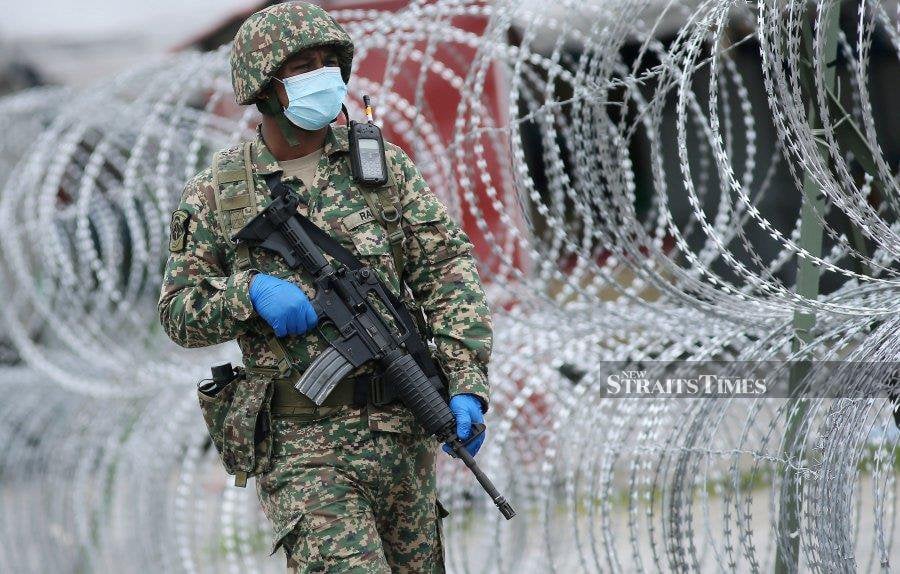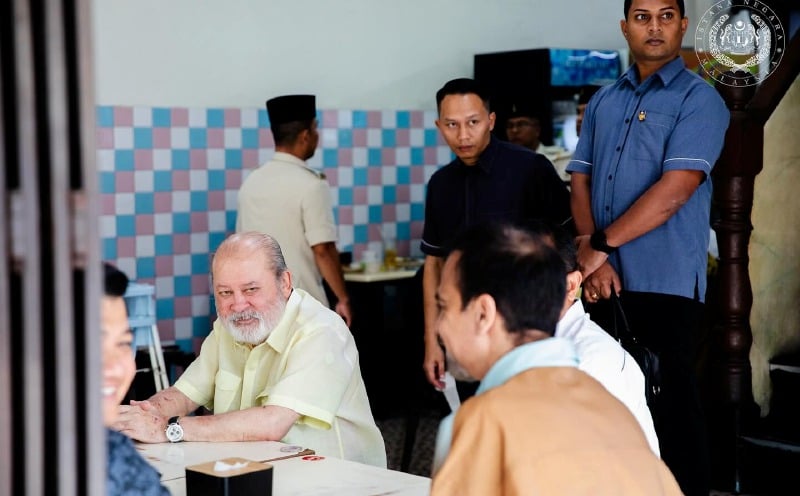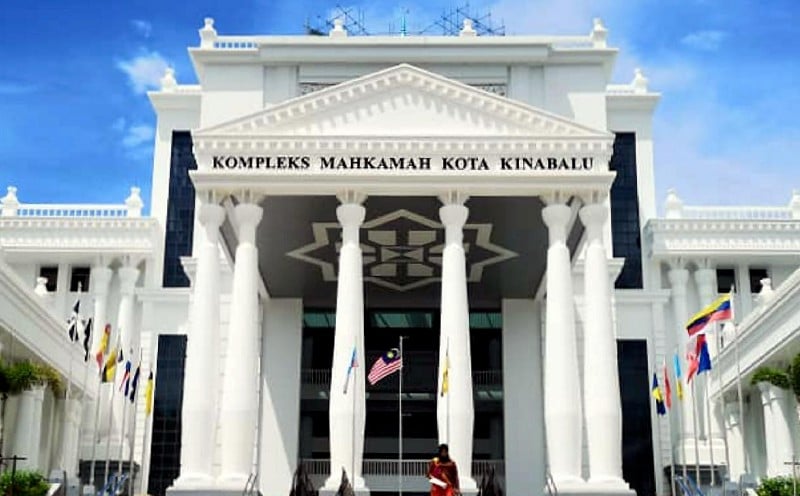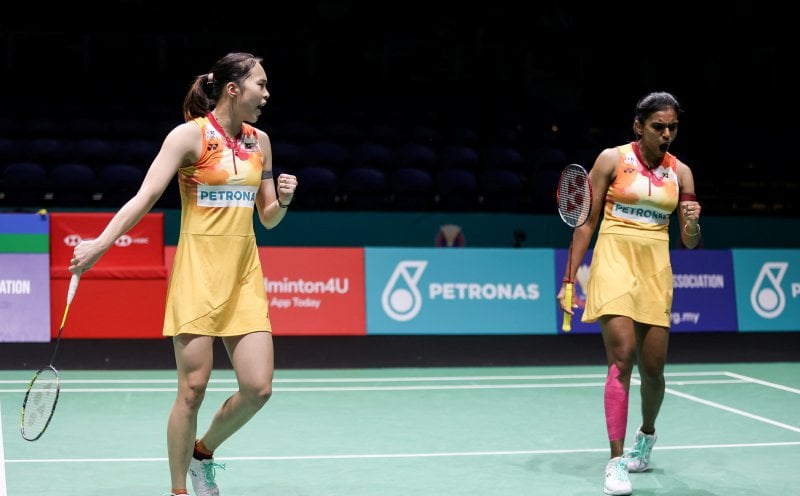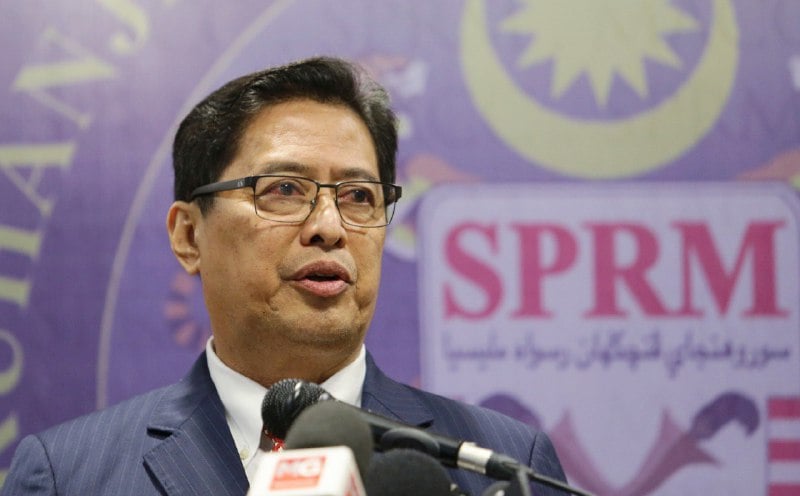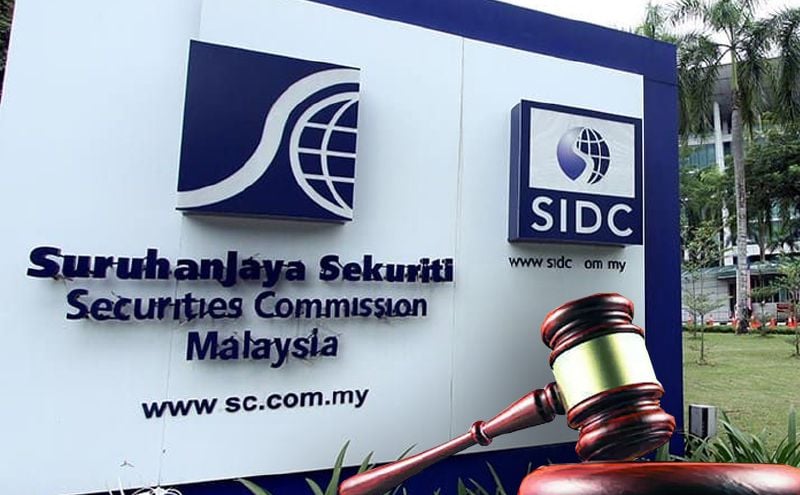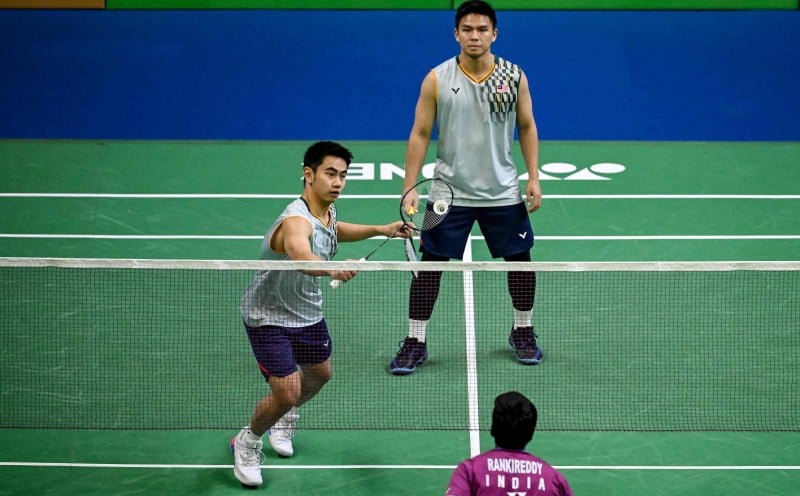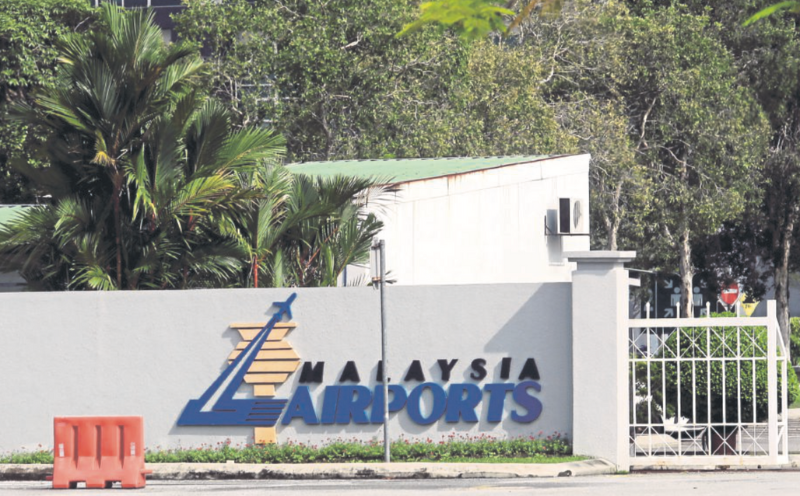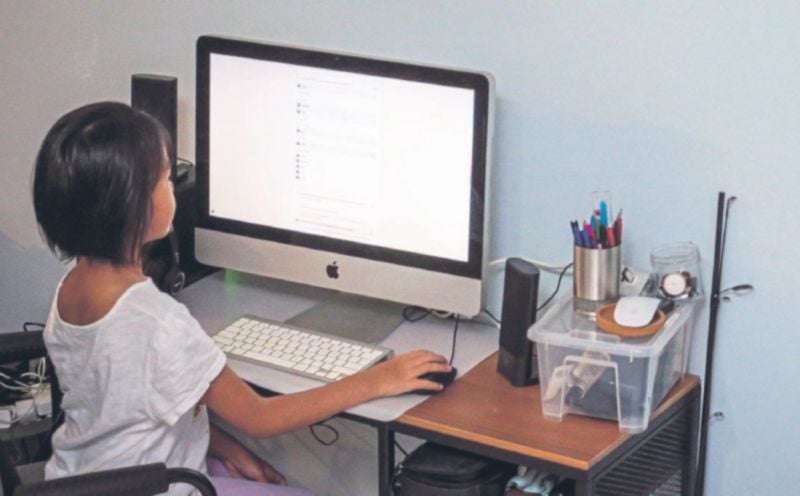KUALA LUMPUR: The government should consider placing states and districts in the Benteng Lahad Datu and Sungai clusters under the Enhanced Movement Control Order (EMCO).
Malaysian Public Health Physicians' Association president Datuk Dr Zainal Ariffin Omar said alternatively, the government could also extend the implementation of the order across Sabah for the Benteng cluster, as well as Kedah, Perlis and Penang for the Sungai cluster, for at least two weeks.
"This should be done sooner than later, with the Sungai cluster now moving into the community. The affected family (members) moved around significantly," he said, referring to a family from the cluster with seven members who tested positive for Covid-19.
He said implementing the EMCO at affected zones could help the authorities contain the outbreak in the areas.
He did not discount the possibility that the number of Covid-19 cases from the cluster would increase in the coming days.
"Before it is too late, the government should consider implementing the EMCO in affected areas or widely in Sabah for at least two weeks, which is two times the Covid-19 incubation period.
"For an optimal outcome, the government could place areas affected by the cluster under EMCO for one month."
He said the rise in new cases from the cluster should be a warning for Malaysia, which could experience a surge in transmission, like in Singapore.
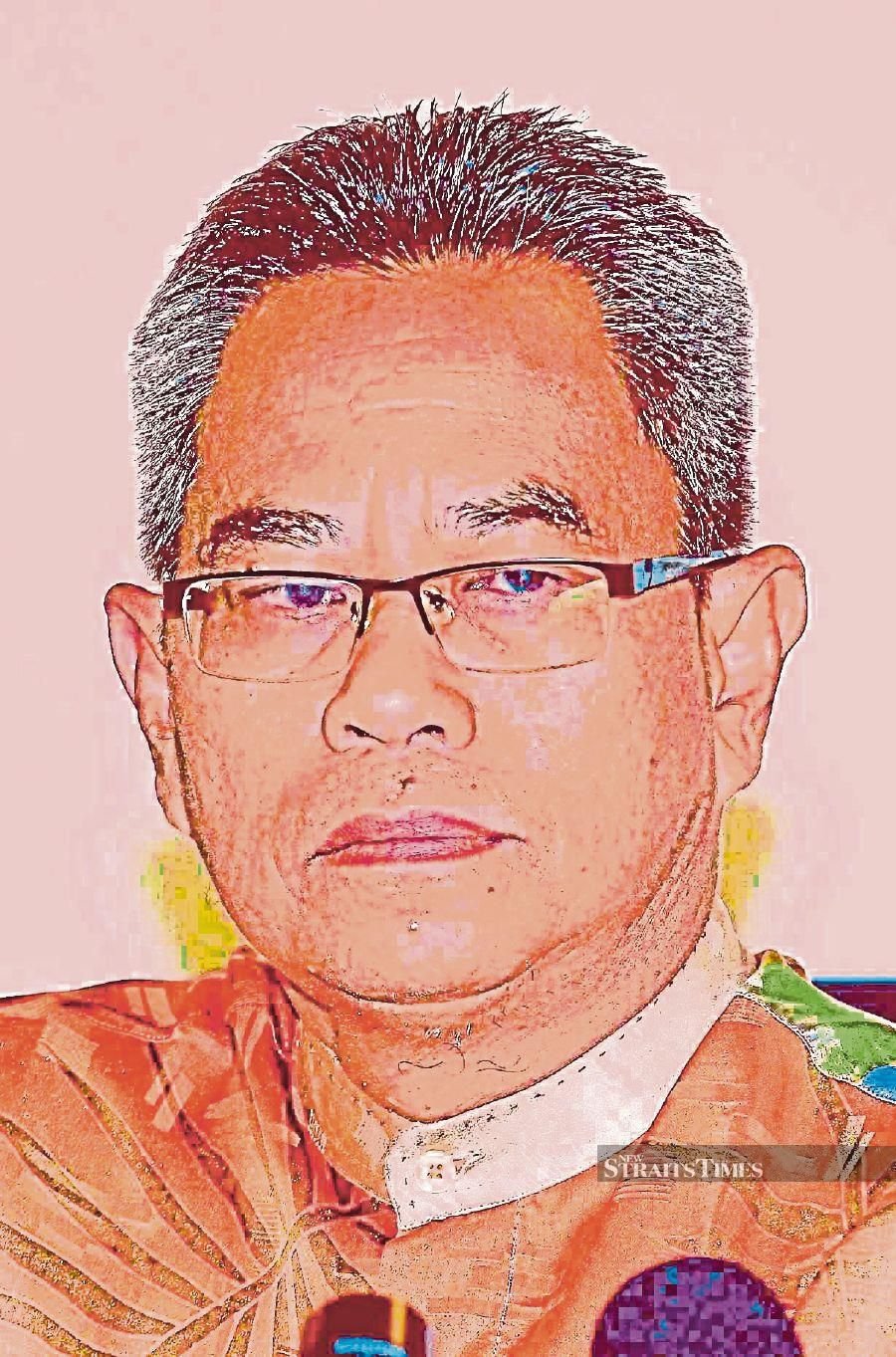
AFP had reported that the Singapore authorities had relocated thousands of migrant workers from crowded dormitories during the surge in daily infections.
The sharp jump in cases from dormitories also prompted the authorities to isolate and quarantine tens of thousands of people in four facilities.
Up to noon yesterday, Malaysia recorded a staggering rise of 100 new cases, including 62 from the Benteng Lahad Datu cluster.
Of the new cases, 37 involved detainees at the Lahad Datu district police headquarters lock-up and the rest were prisoners at the Tawau prison.
On Monday, Health director-general Tan Sri Dr Noor Hisham Abdullah said based on the risk analysis conducted by the Health Ministry, confined lock-up cases had contributed to the surge in transmission for the cluster.
Besides cases involving immigrants, especially undocumented ones in affected areas, Dr Zainal said there was also evidence of local community spread.
"Crowded detention centres and police lock-ups made it nearly impossible (for the authorities) to enforce the standard operating procedures (SOP)."
Dr Zainal suggested that policies to manage migrants at detention centres be reviewed and improved amid the pandemic.
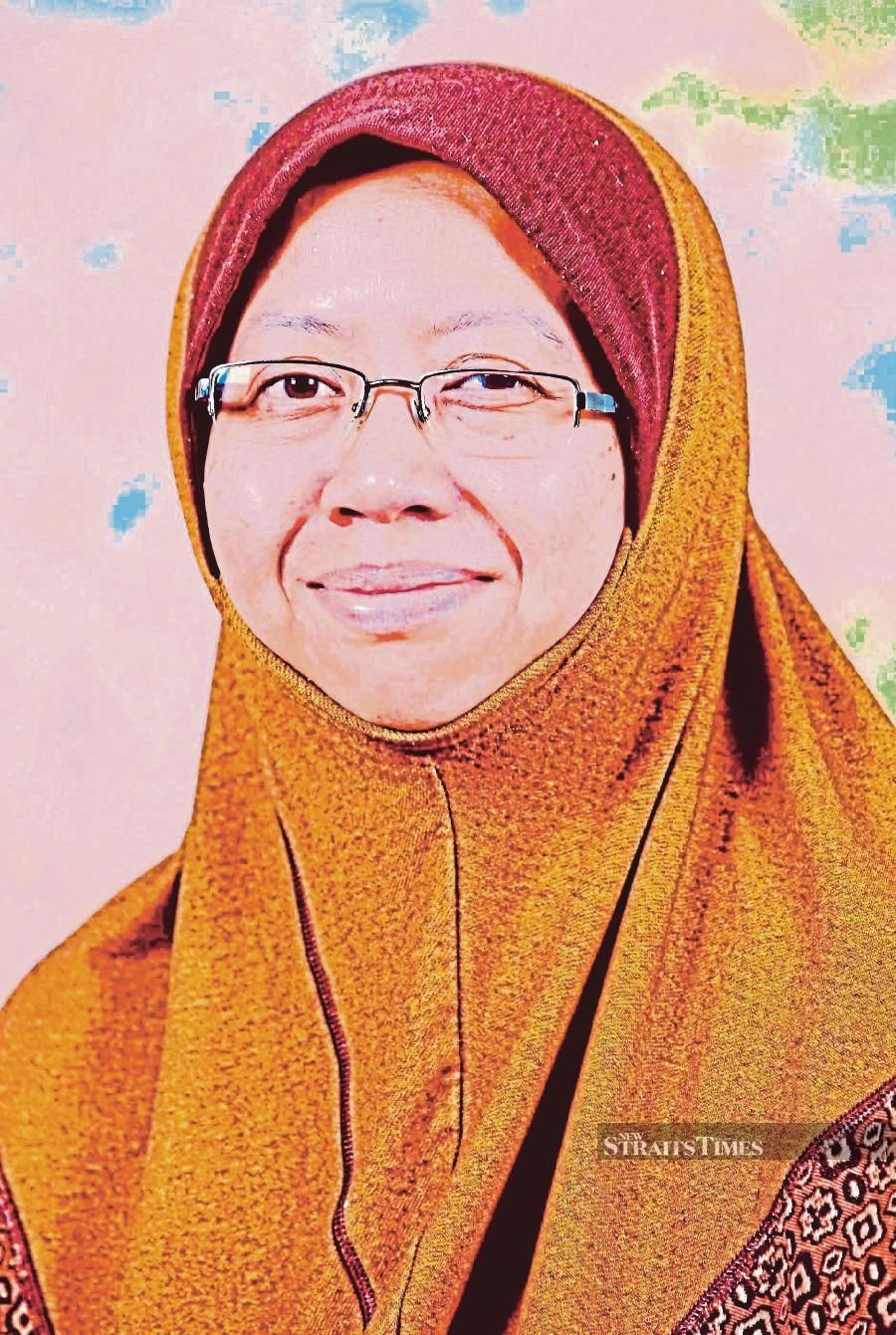
"We have a huge and complex issue in the management of illegal immigrants. Advisories alone (on SOP compliance) are not enough. All agencies, including the media, should play a bigger role in ending this pandemic.
"The last thing we want is for the virus to get out of hand, which will force the authorities to enforce the MCO again."
Epidemiology and biostatistics expert Associate Professor Dr Malina Osman, from Universiti Putra Malaysia, said the chain of Covid-19 transmission could be curbed if everyone complied with the SOP set by the authorities.
"In epidemiology, particularly in this pandemic, we treat any spike as a sign of potential threat for a new wave of outbreak.
"I believe the Health Ministry, together with other agencies, have taken immediate action to prevent the spread of infection by enforcing the SOP. The key to our success in this battle against the virus and the pandemic is total compliance with the SOP."
She said agencies handling high-risk groups should be constantly reminded on the importance of complying with the SOP.
"There may be complacency, especially where cases are low.
"Therefore, it is important for agencies dealing with high-risk groups to constantly remind their staff to always adopt preventive measures to prevent transmission, including taking disciplinary actions (to ensure compliance)."



